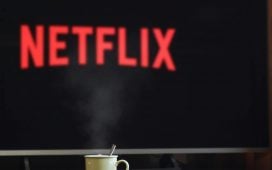Asiya Ali, Founder and MD, MKV Digital
In the Middle East advertising landscape, the portrayal and participation of men and women are not just reflections of cultural norms, they have become catalysts for change. Just as the saying goes, “Culture is to humans as water is to fish”, we often swim in strong currents of societal norms without realising their pull. It’s only when someone spots a shark in the water that we start to identify the implicit bias or stereotypes that have gone unattended.
Today, the diversity, equity, and inclusion (DE&I) narrative has created many such eye-opening conversations within the i
To continue reading this article you need to be registered with Campaign. Registration is free and only takes a minute. Register Now or sign in below if you already have an account.









